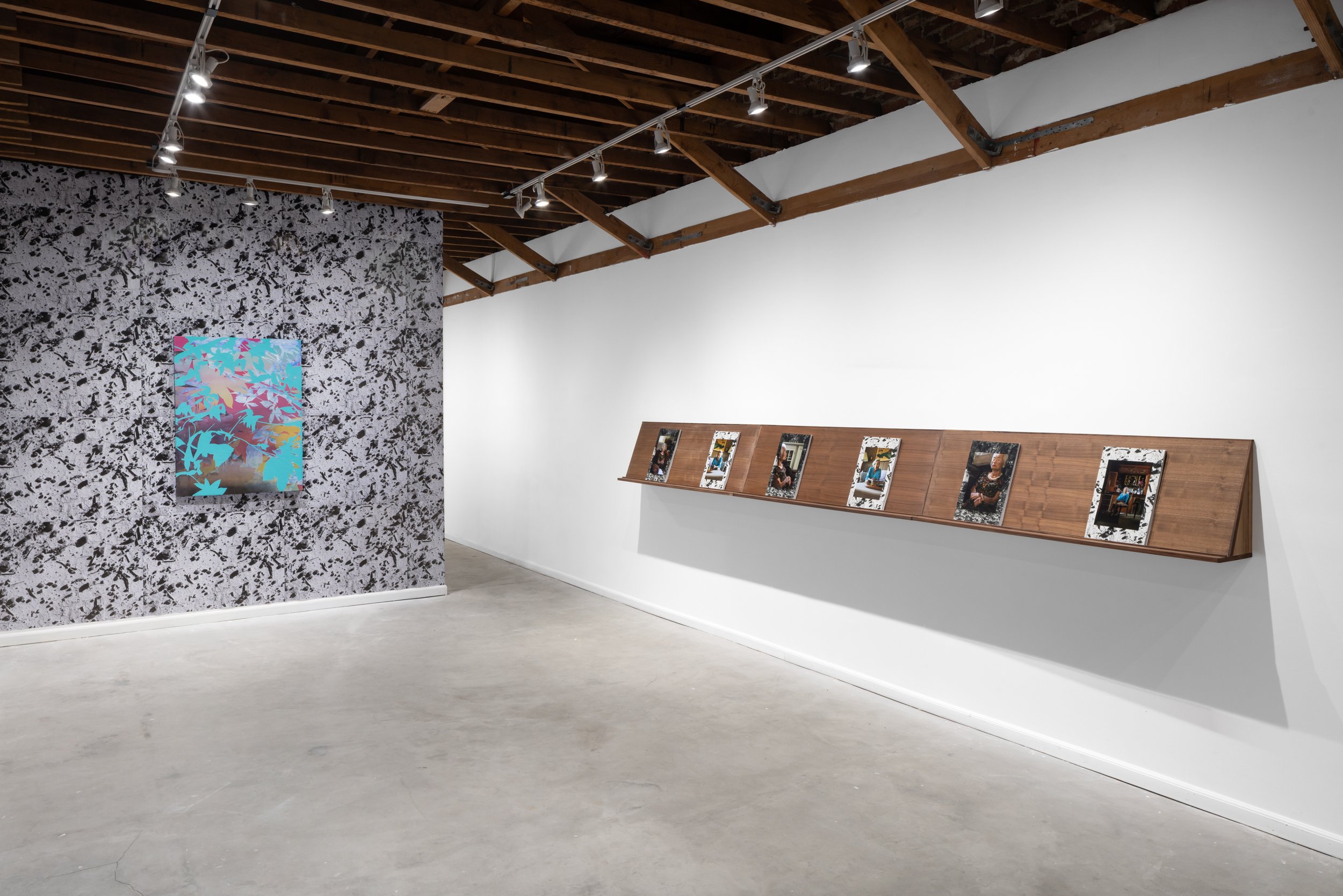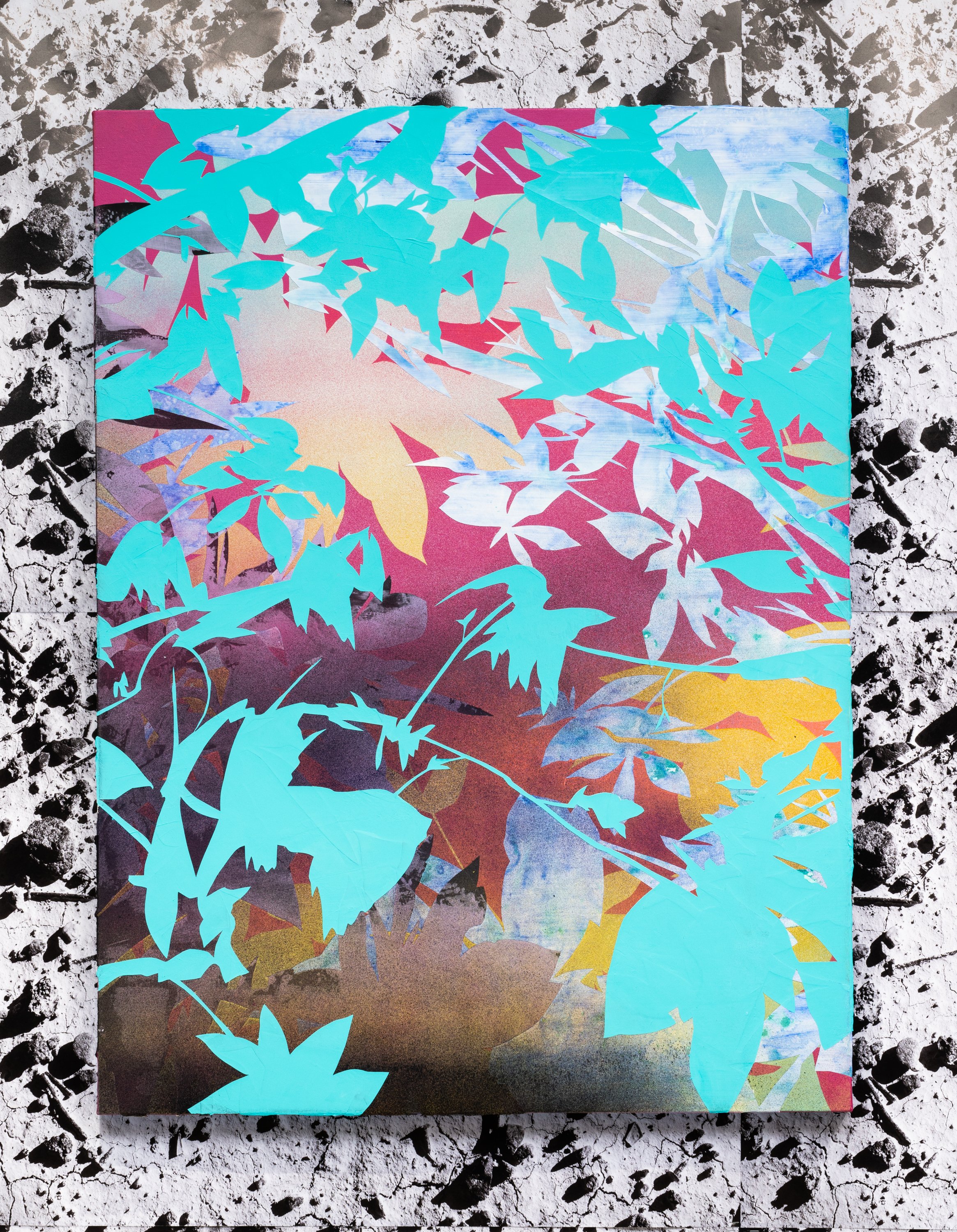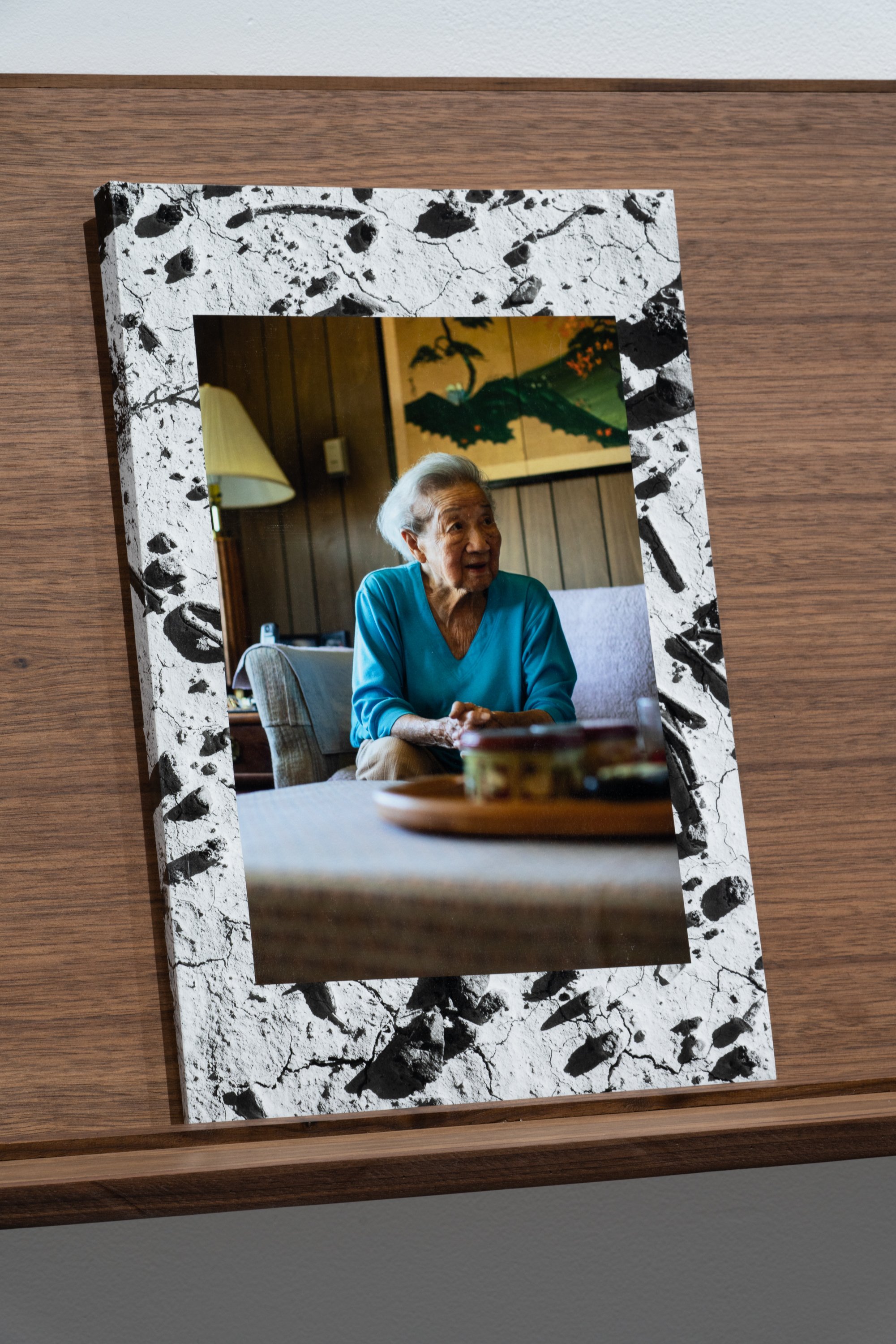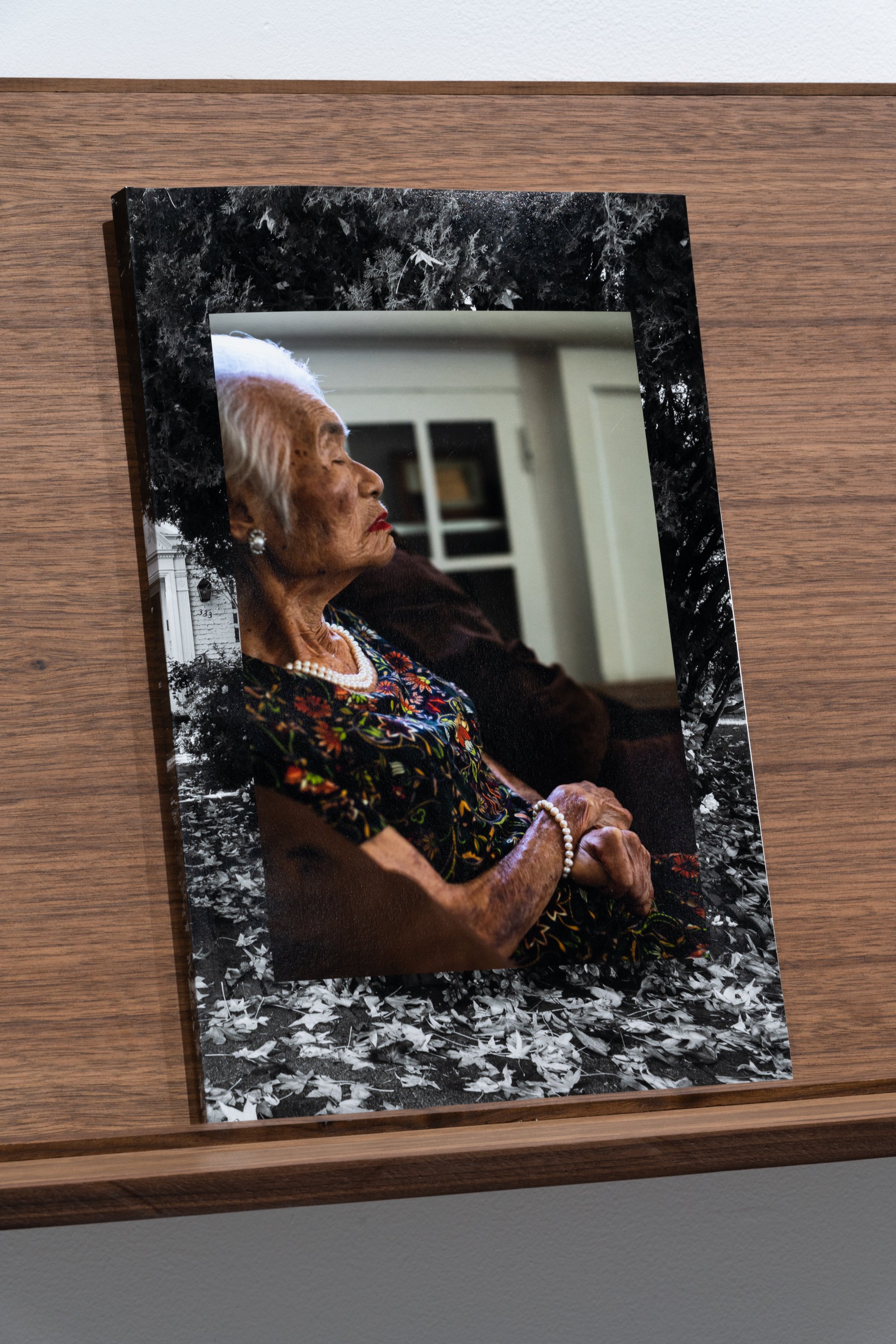Devon Tsuno // Shikata Ga Nai
February 8th - May 9th, 2020
This exhibition is an expansion of Devon’s three-month long residency titled Sunday Studio at The Museum of Contemporary Art, Los Angeles. Working in collaboration with MOCA, the Topaz Museum, and the CSU Japanese American Digitization Project, Devon has made available to the public for the first time, over 200 pages of stories written by incarcerated Japanese American teenagers at the WWII Topaz concentration camp in Delta, Utah. Devon’s work was recently featured in the Asian American publication Saboteurs at the Armory Center for the Arts, and is an upcoming visiting artist at the Vermont Studio Center.
An Essay for SHIKATA GA NAI by Ana Iwataki
Issei: First-generation Japanese immigrant Nisei Second-generation
Sansei: Third-generation
Yonsei: Fourth-generation
Shikata ga nai: It cannot be helped.
To yonsei, like Devon Tsuno, shikata ga nai is synonymous with camp. We learned to call it camp—the noun not modified by internment or incarceration or concentration—just camp. To our issei and nisei elders, camp couldn’t be helped. Post-camp, the sansei navigated between their parents’ intense desire to assimilate and the radical awakenings of the 60s and 70s.
Shikata ga nai is a yonsei story, a Los Angeles story, indissociable from the complexities of intergenerational and collective trauma, fences and cages, gentrification, displacement, water and labor politics, and how and where we choose to live.Previous and ongoing work bears witness to Devon’s long-term engagement with Los Angeles and its waterways, the xenophobia hidden in rhetoric about native and non-native plants, changing geographies, and the precarity of various human and non-human ecosystems that make up his hometown. In Shikata ga nai, his mode of storytelling extends outwards and backwards in geography and time, with lush, layered, hard-edged, spray-painted images of plant life seen through dust and haze. Desert plants of Topaz, Utah, where Devon’s paternal family was incarcerated during World War II, commingle with the last surviving azaleas his maternal grandfather planted as a gardener to the stars in Beverly Hills. Their colors are those of heatstroke, hot winds, and stubborn life. A series of artist’s books superimposes portraits of family members (his great-aunt Chiye, for example, the last living member of his family who was at Topaz) over some of the defininglandscapes of their lives. Many of the images in the exhibition were taken during Devon’s recent trip to Topaz, an experience that, among other things, gifted him with the archive of writings of incarcerated teenagers also found in the books. Plants adapt and intermingle to survive; plant diversity enriches the soil. This is a Japanese-American story, recounted with some specificity, and an Angeleno story, shared in solidarity. Our histories and our fates are inextricably, beautifully, decisively entangled with those of our neighbors, our waters, and our land.Installation Images
Installation Images by Elon Schoenholz
About the Artist
Devon Tsuno
Devon Tsuno is an artist and fourth generation Angeleno. His recent spray paint and acrylic paintings, installations, and public art focus on Japanese American history. Tsuno’s recent work is a yonsei story, a Los Angeles story, indissociable from the complexities of intergenerational and collective trauma, fences and cages, gentrification, displacement, water and labor politics, and how and where we choose to live. Tsuno’s interests have been central to his work with the Museum of Contemporary Art, Topaz Museum, Indianapolis Museum of Contemporary Art, Hammer Museum, Candlewood Arts Festival, LA Metro, and Gallery Lara in Japan. His work has been featured in the Los Angeles Times, NPR, KCET, Artillery Magazine, and X-TRA Contemporary Art Journal. Tsuno is a 2017 Santa Fe Art Institute Water Rights Artist-In-Residence, is the 2016 SPArt Community Grantee, and was awarded a 2014 California Community Foundation Fellowship for Visual Art. Tsuno is member of J-TOWN Action と Solidarity and is an Associate Professor of Art at California State University Dominguez Hills.




















